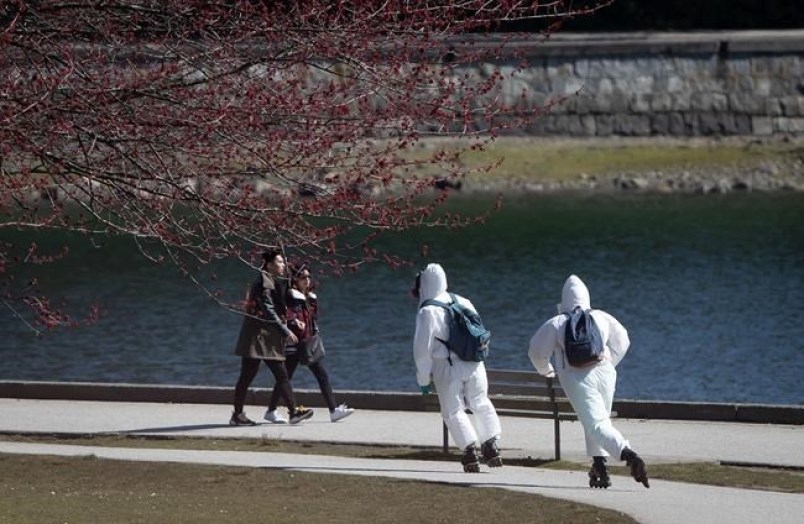Most Canadians support a second round of shuttering businesses and self-isolating at home should the country see a spike in COVID-19 cases.
That’s according to a poll conducted by Nanos Research on behalf of the Globe and Mail between July 26 and 30.
Of the 1,094 people surveyed across the country, 73% said they would either support a second lockdown (50%) or somewhat support such measures (23%) amid a COVID-19 resurgence. Another quarter either oppose such actions (13%) or somewhat oppose them (12%).
Those living in Atlantic Canada (84%), Ontario (83%) and British Columbia (78%) either supported or somewhat supported a renewed closure of businesses, whereas those in Quebec (56%) and the Prairies (67%) were less supportive.
An ealier July poll conducted by the Angus Reid Institute found half of Canadians expected a second wave lockdown, with British Columbians among the most likely to predict another round of self-isolation and closures.
The survey also probed respondents on their views around wearing masks in public, on the return to school in the fall and anxiety over reopening plans.
A strong majority told the pollster they would support (72%) or somewhat support (15%) mandatory mask wearing policies in indoor public places. Only a combined 12% said they would oppose or somewhat oppose such a measure.
Close to 80% said provinces should find a way to send kids back to school in the fall, though at 65%, British Columbians were least likely to say it was either important or somewhat important.
B.C. residents were also most likely to express anxiety over contracting COVID-19 as jurisdictions across the country relax social distancing rules and reopen public life.



